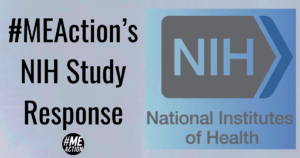After responding negatively to most of CFSAC’s recommendations for the ME/CFS research program, the NIH has now revised many of their responses to better address CFSAC’s requests.
Following the announcement of the NIH’s new ME/CFS research program, the Chronic Fatigue Syndrome Advisory Committee (CFSAC) submitted formal recommendations to the agency about how the program should be structured. These recommendations emphasized the importance of bio-markers and diagnostic tests, cross-platform cooperation, increased funding and many other vital aspects of the programs overall design.
In late 2015, the NIH’s responses were published, and though some concessions were granted, the responses were mostly negative. With echoes of the infamous PACE trial ringing in their ears, journalists and members of the ME community, notably Brian Vastag, began calling on the NIH to explain their reasoning.
In his letter to Francis Collins, Brian wrote this:
“The NIH’s responses to the latest recommendations from the CFS Advisory Committee disappointed many patients, including myself. Nearly every response was dismissive of CFSAC’s earnestly thought-out recommendations. These responses have patients worried that positive change is not happening quickly enough.”
A week later, Collins responded to the letter by stating that he understood the concerns of the community and that the official NIH responses were merely a matter of bad timing.
“I have to say that the timing was not good for NIH. We provided those responses to HHS in September 2015, which was prior to the formation of the new Trans-NIH ME/CFS Working Group. Plans for the new Working Group were being developed, but nothing had been finalized, so we were unable to provide more substantial responses.”
Collins then promised that new, more accurate information would soon be published on the ME/CFS website.
A month later, revised responses have now appeared on HHS.gov. Though many of the answers haven’t changed dramatically, the NIH seems to now have a better understanding on what their program will look like. The Trans-NIH Working Group is now looking into the development of a Data Coordinating Center as part of the program’s design and the NIH has now acknowledged the important inclusion of new RFAs. Now it’s a waiting game to find out how meaningful the investment will be.






1 thought on “HHS publishes revised responses to CFSAC recommendations about NIH initiative”
Thanks to all for their diligence in this long-neglected matter. As you are gaining understanding of our illness, you should know that we have limited focus and concentration. It would be VERY helpful, in an article such as this one, to include a table listing the old recommendations and the new ones. We are DESPERATE to follow what is going on with the NIH, and that would help SO much. Thank you!
Comments are closed.